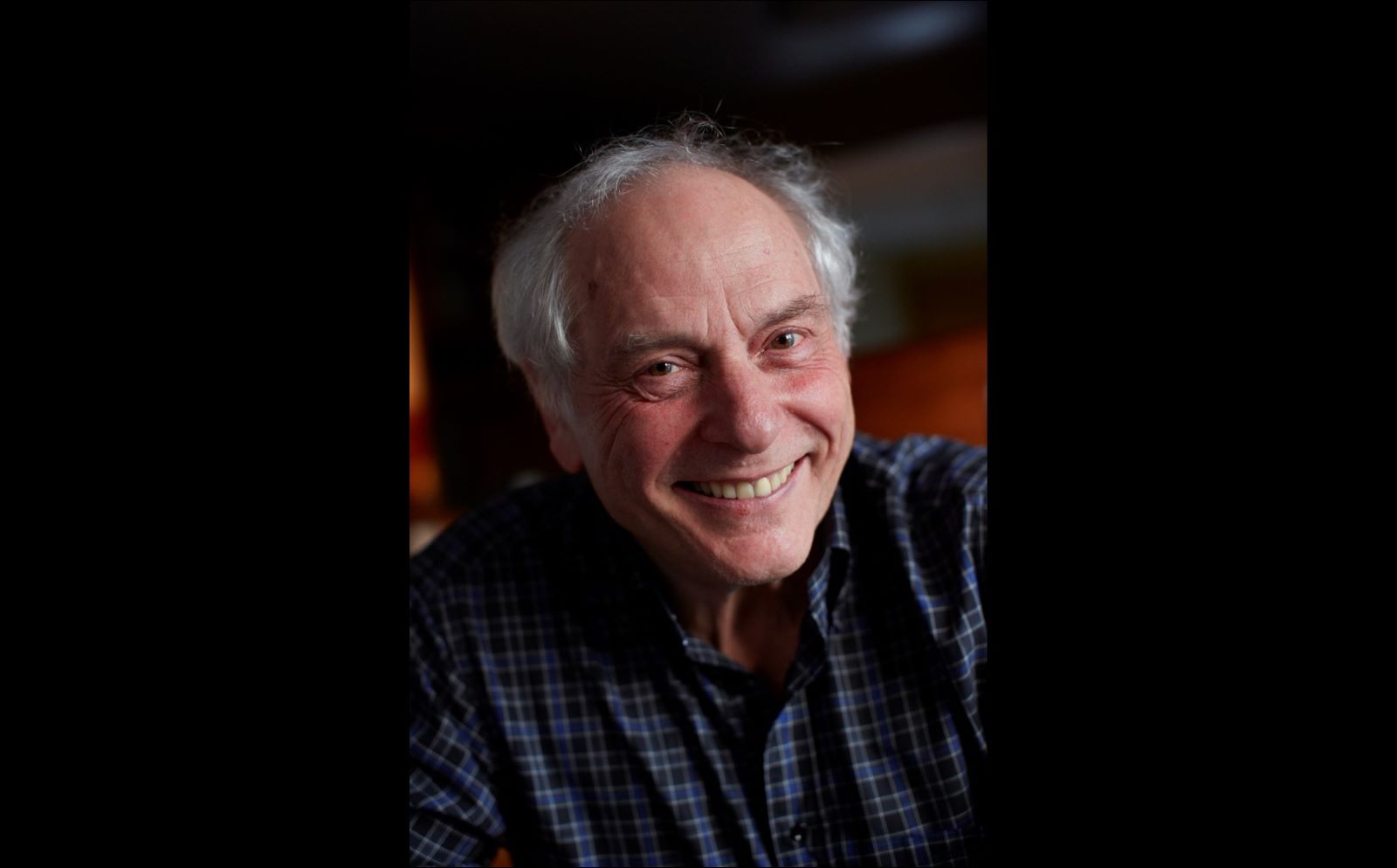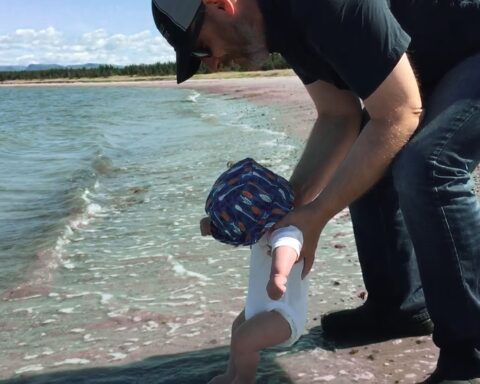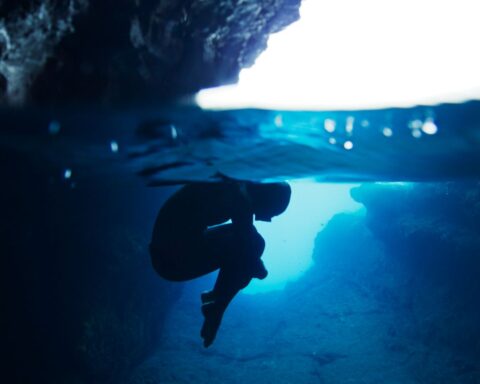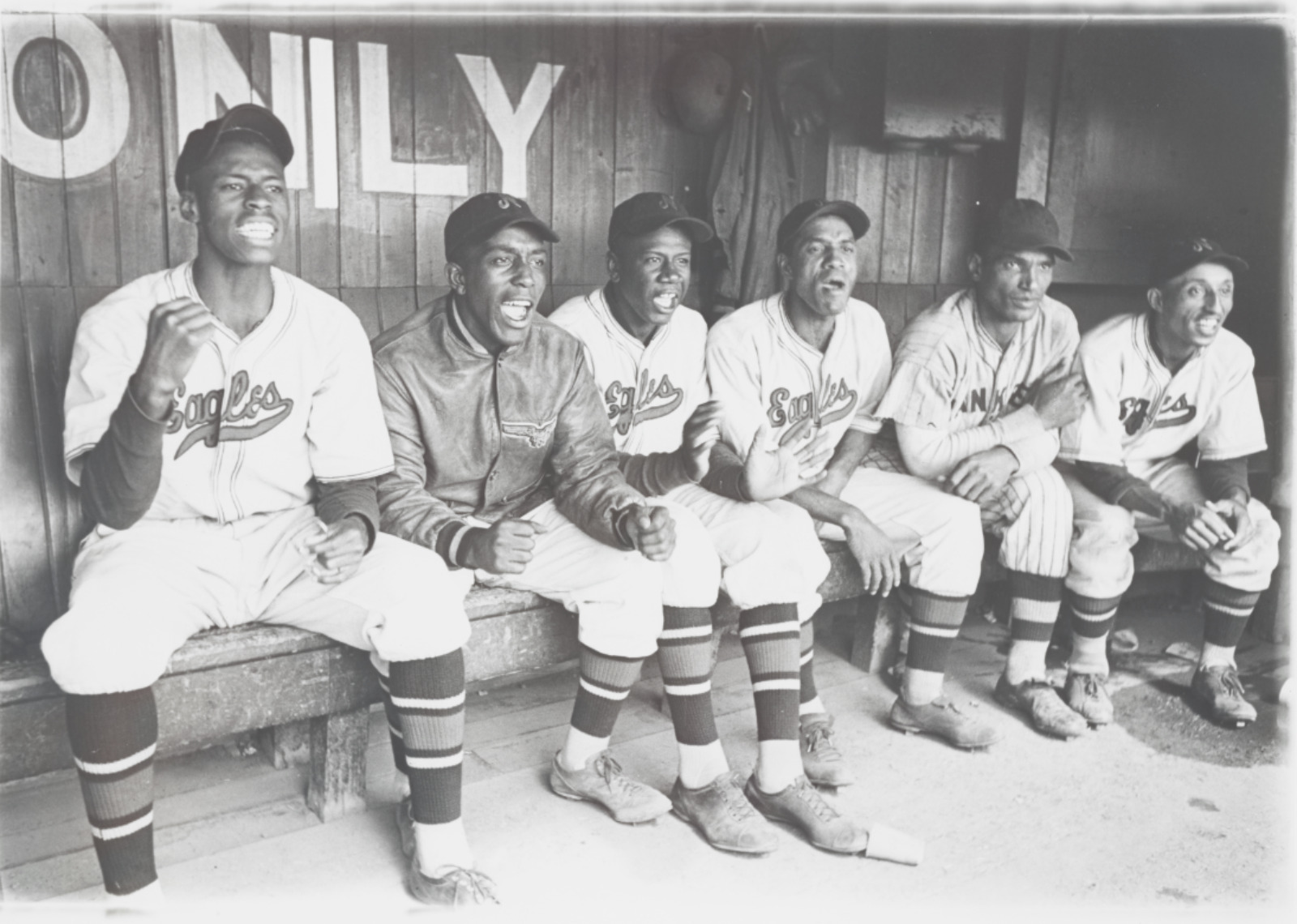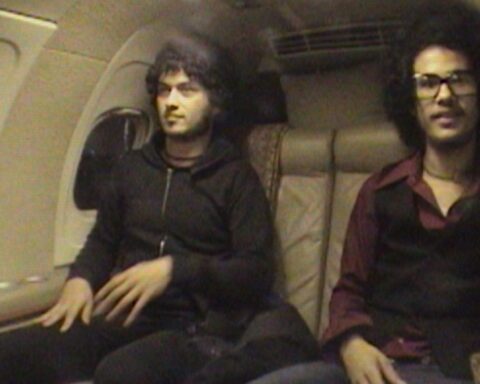John Kastner would be laughing if he saw the title of this modest tribute to him. “So now you think I’m Dostoyevsky,” I can imagine hearing him say, “Well, better late than never.”
Actually, John never thought he was Canada’s filmic Dostoyevsky. It was what he aspired to be—and why not? Shouldn’t we want to reach the greatest heights by exploring the depths of the human condition? Perhaps it was John’s ambition combined with his immense talent that made him such an important filmmaker.
It’s more than appropriate that Hot Docs is now acknowledging his gifts with the presentation of the John Kastner Award, which will honour “documentaries of courage and compassion that open closed minds and carry a transformative message of understanding, forgiveness, even redemption.” [The winner, announced earlier this year, was Silvicola.] John received the best documentary feature prize at Hot Docs twice, for Rage Against the Darkness: Bunny and Leona (2003) and for Out of Mind, Out of Sight (2014).
John Kastner came to documentary directing from a youthful career as an actor. He was proud of appearing with the great theatrical performers William Hutt and Irene Worth in CBC’s The Offshore Island (1962) and being one of the leads in Don’t Let the Angels Fall (1969), the first official Canadian entry in the Cannes Film Festival. It didn’t take him long to prove his worth after he ventured behind the camera. His first full-length documentary Four Women (1978), made when he was still in his early 30s, won an International Emmy Award. It launched him on the path of compassionately dealing with hard-hitting subjects—in this case, breast cancer, which was a largely unspoken-of topic back in the 1970s.
John went on to win three more Emmys, for Fighting Back (1980), The Lifer and the Lady (1984) and Life with Murder (2010). He won the Lifetime Achievement Award for directing, acting, and producing from the Academy of Canadian Cinema and Television in 2007. John also garnered the Donald Brittain Award for best social or political documentary for the stunning Life with Murder, which depicted the gradual acceptance by a mother and father of the killing of their daughter by their son. It was a typically difficult Kastner subject, something that would have won the approval of his Russian literary idol.
John learned early on that his films would be much more powerful if he won the trust of his subjects. His sense of humour and training as an actor helped him to truly work with and understand his subjects. As he said, “I take my subjects seriously, not myself.”
John’s love for drama made his films far more than didactic documentaries. But what is most remarkable is the dedication he showed toward depicting very tough situations, with many of his films dealing with prisoners and mental health issues. In 2017, John was recognized by the Centre for Addictions and Mental Health as a Difference Maker for his tireless work in destigmatizing mental illness. Ultimately, that’s what John was about: making a difference.
Latest from Blog
Now streaming from the National Film Board of Canada, Sons is Justin Simms' personal consideration of
Documentary distribution is becoming a hotter topic as acclaimed films like Union, No Other Land, and
Matthew Miele explores the many iconic gowns by costumer and fashion designer Bob Mackie in the
7 Beats Per Minute director Yuqi Kang reflects upon making a documentary with freediver Jessea Lu
Omar and Cedric: If This Ever Gets Weird review: Omar Rodríguez-López and Cedric Bixler-Zavala of Mars




